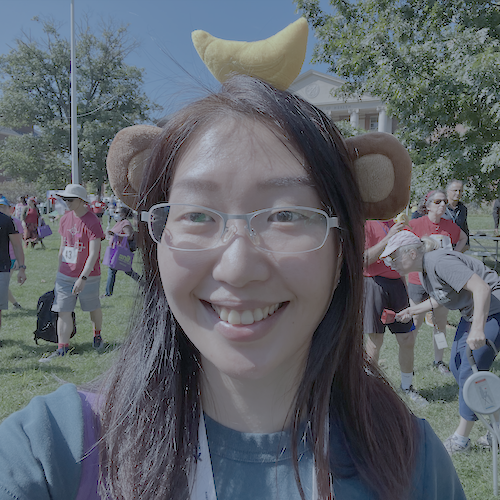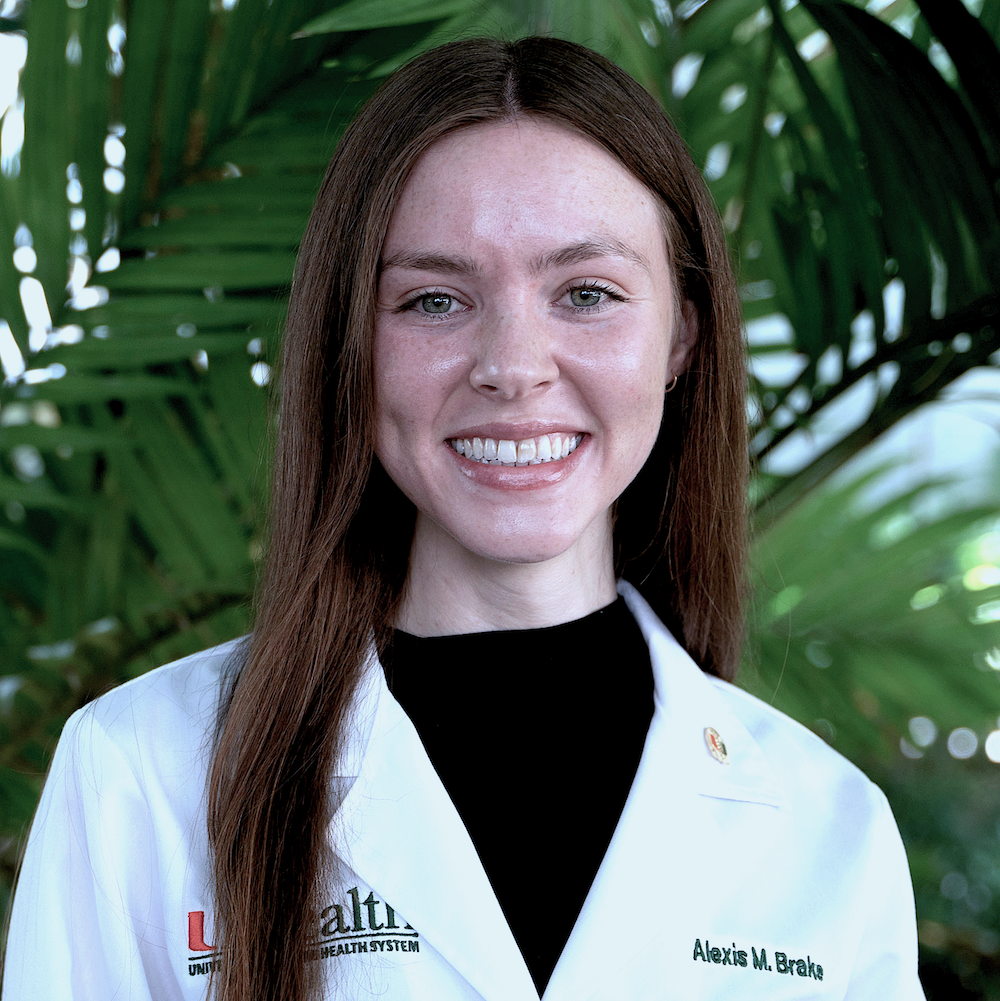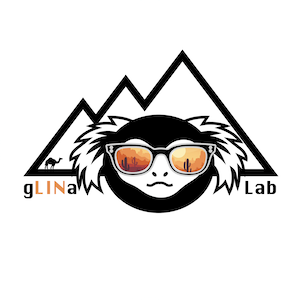Meet the gLINa Team!


PI: Jing-Ping Lin, PhD
Assistant professor, University of Arizona
Her career path began with asking about how embryonic cells live, evolved into asking about how cancer cells die, and now brings her to ask about how injured neuroglial cells repair. She is drawn to solving these puzzles, which led her to use multimodal approaches to study the cellular functions in disease and health across species.
Outside of the lab, she enjoys turning trash into crafts, yarn into chaos, her body into dances—and occasionally questionable experiences into comedy!


Honorary Member #1: Alexis Brake
Now: PhD candidate, University of Miami Medical Scientist Training Program
After graduating with her bachelor’s degree in biomedical engineering from the University of Florida in 2020, Alexis joined Dr. Daniel Reich’s lab at the NIH as a post-baccalaureate research fellow. During this time, she worked alongside Dr. Lin to study MS-like lesions at different stages of demyelination to uncover the interplay of immune and CNS-resident cell types during lesion development and repair. Now a fourth-year student in the University of Miami Medical Scientist Training Program, Alexis’s thesis research focuses on intracellular cholesterol homeostasis in oligodendrocytes during demyelination and myelin repair. After graduating, Alexis plans to apply to neurology residency and ultimately pursue a career in neuroimmunology as a physician-scientist.
Outside of the lab, Alexis enjoys running and all of the “grandma” hobbies: doting on her two cats, baking sourdough, tending to her balcony garden, and crocheting.


Honorary Member #2: Ginger Smith
Now: Postbaccalaureate Trainee, NINDS, NIH
Ginger earned her undergraduate degree in Neuroscience from the University of Virginia in 2023 and is currently a post-baccalaureate research fellow in Dr. Daniel Reich’s lab at NIH. Working closely with Dr. Lin for the past two years, her project aims to characterize the diverse functions of glial cells during myelin deterioration and repair in a marmoset model of multiple sclerosis. Ginger is an avid lover of all things glia, and is currently applying to Neuroscience PhD programs to continue investigating glial cells in neurodevelopment and neurological diseases.
Outside of the lab, she loves to take long walks, go to concerts with friends, and research fashion trends!


Next Member: YOU !!
Join Our Lab
We are excited to welcome new members to our team! Our lab studies how brain cells and their interactions shape health and disease, with a focus on understanding and treating neurological disorders. We use a combination of imaging, transcriptomics, and model systems to explore these questions, and we value curiosity, creativity, and collaboration.
If you are passionate about science, enjoy working in a supportive and interdisciplinary environment, and want to contribute to discoveries that may transform how we understand and treat brain disorders, we’d love to hear from you.
We welcome inquiries from prospective graduate students, postdocs, and research staff.
- Contact: Jing-Ping Lin
- Email: jplin@arizona.edu

